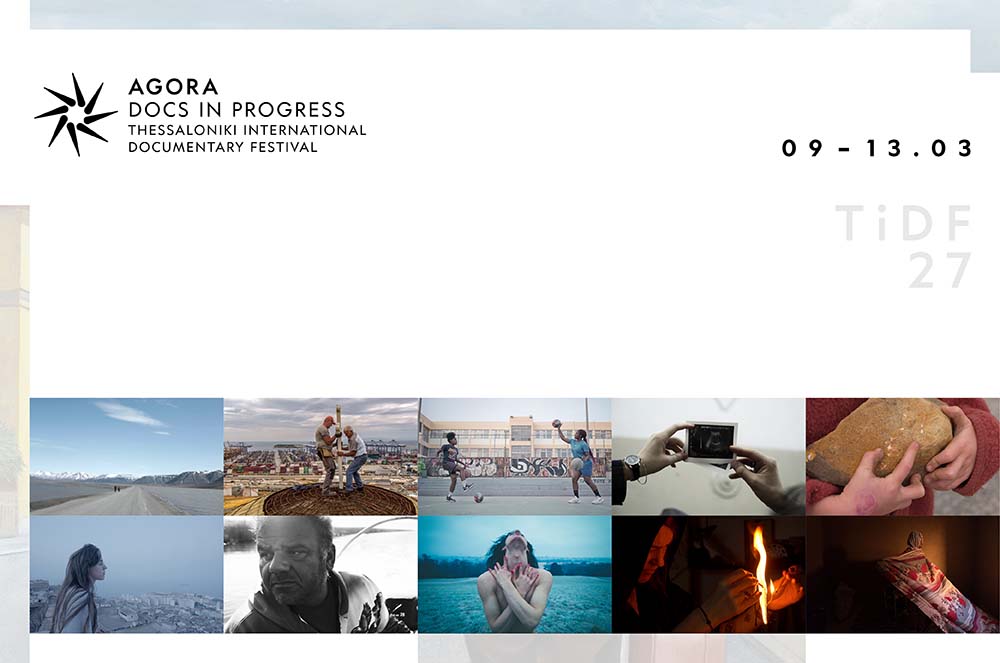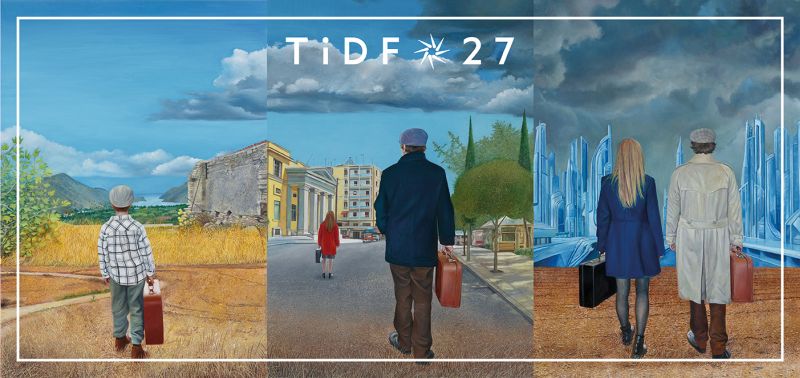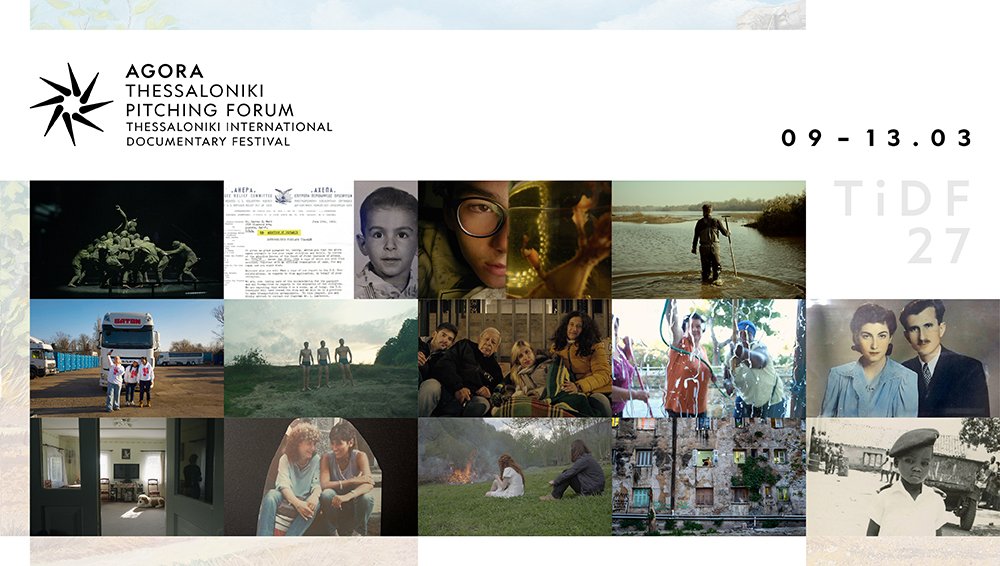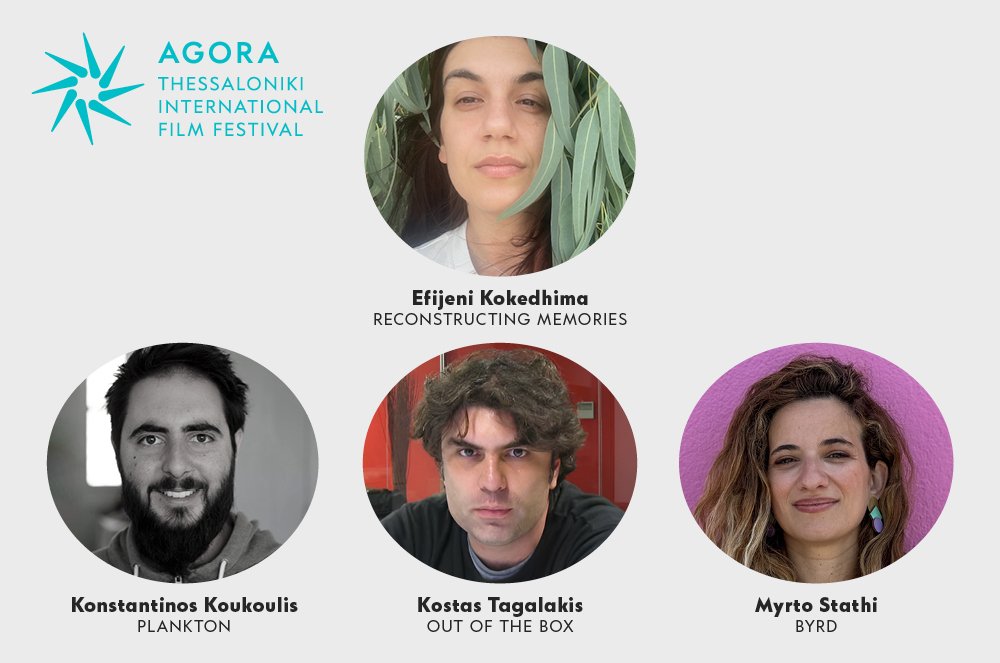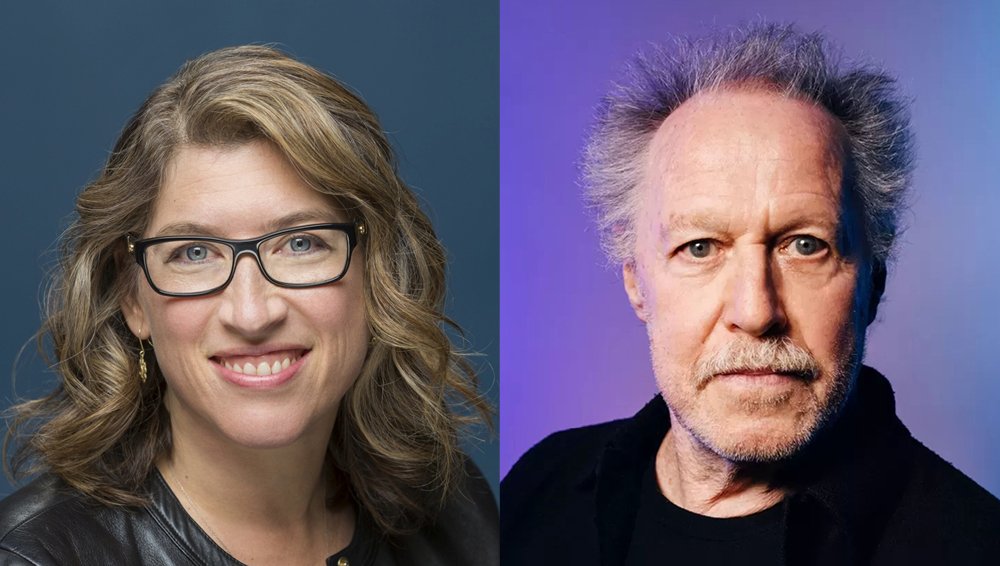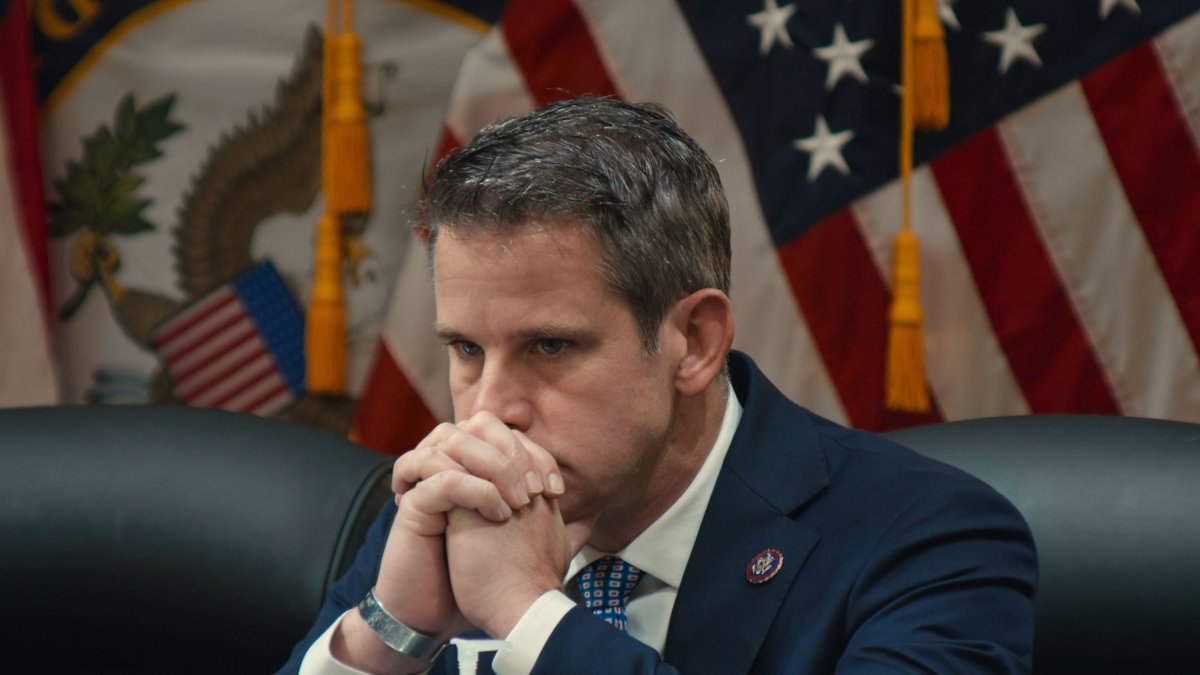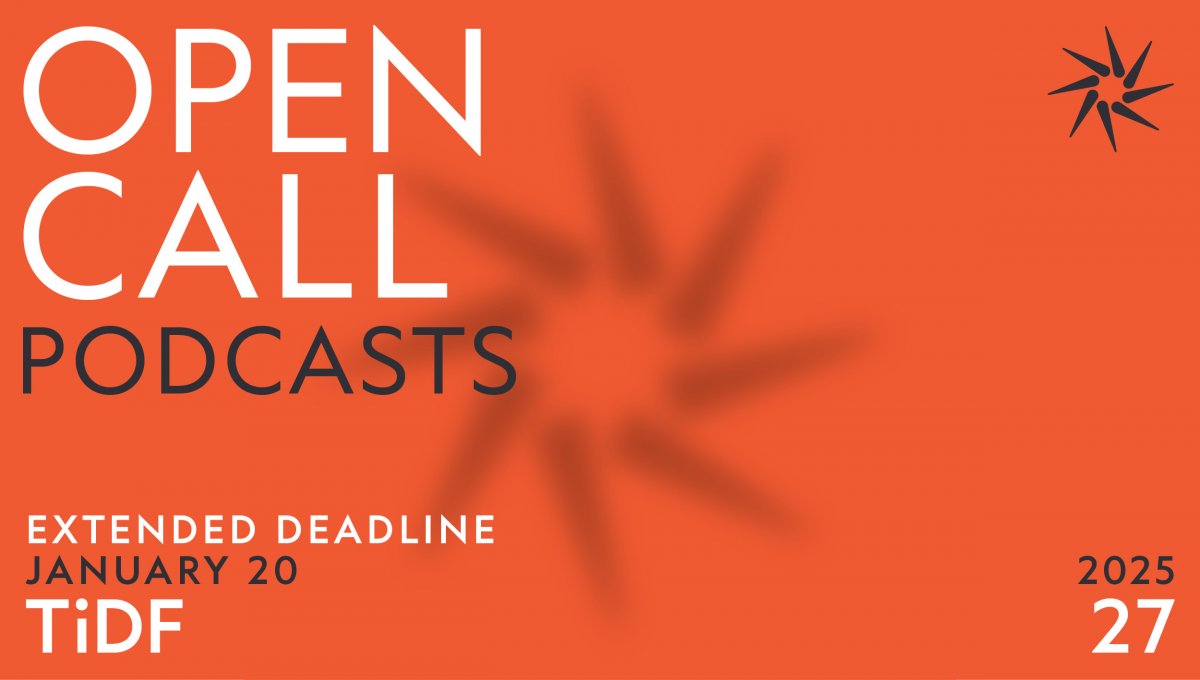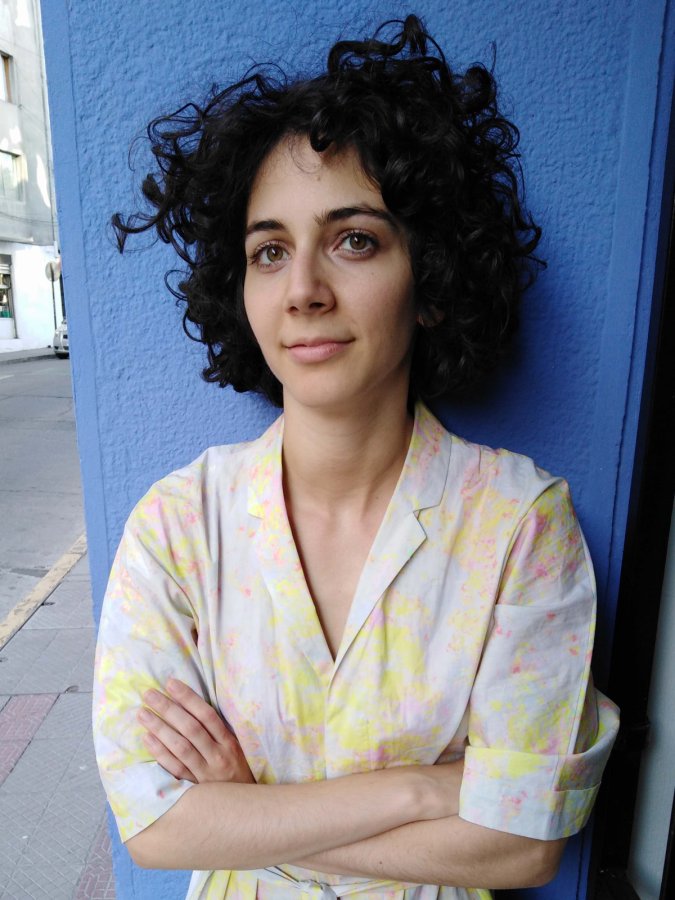CONFERENCE
ON THE SUBJECT OF IMMIGRATION AND HUMAN RIGHTS
The conference on the subject of “Immigration and Human Rights” was held on Tuesday, 5 April 2005 at 12:00 pm, at the crowded STAVROS TORNES Cinema (Provlita 1, Limani). This conference was held within the framework of the 7th Thessaloniki Documentary Festival – Images of the 21st Century. The participants on the panel of speakers were: Voutira, Eftihia, University of Macedonia (professor of Cultural Anthropology), Giannaris, Constantine, Film Director, Giotopoulou-Maragopoulou, Aliki, Human Rights Protection Foundation, (President), Esthras, Daniel, International Immigration Organization (Gen. Director Greek Office), Farkas, Karen, UN Residency Consul for Immigrants (representative of Greece), Kouloheris, Spyros, Greek Council for Refugees (Legal Service Coordinator), Bougiar, Alimani, Film Director / Representative of the Albanian Immigrant Forum, Ahmet, Moavia, Forum of Immigrants in Greece (President). Representatives of international and non-governmental organizations also participated in the discussion, which was moderated by the well known constitutional expert Antonis Manitakis, from the University of Thessaloniki.
Constantine Giannaris began his positioning statement by making a personal statement that he himself is a member of a family of immigrants: “Therefore, the experience of immigration is not something theoretical for me, which is why I am outraged by some critics who wonder why I am so interested in it. It’s not just a vice, it is something that I have lived deep in my core, it is personal and immediate, it is a family story”. He did however clarify that even though his films involve immigrants, his interest does not consist of purely immigrants nor the subject of human rights. “I do not make films about immigrants on the level of human rights. I make films whose axis revolves around illegality and lawbreaking. That is, ‘the edge of the city’ interests me, marginalisation, the armed immigrant who believes he has been treated unjustly and invades the daily life of the ‘locals’ demanding. In other words, I am interested in the combative demand of their rights by the immigrants, even if this is unjust, because from this subject I find dramaturgic and cinematic interest. This is why I wish to distinguish my interest, I am not speaking with a liberal approach to human rights”
Speaking of immigration, he likened the phenomenon to the time of the fall of the Roman Empire and the invasion of the “hordes” from the east that changed society as it had been known up to that time completely, a process that lasted for centuries: “I say this with poetic license, even if its not politically correct, because I believe we are at the beginning of a similar process in the framework of which new mixes and things will appear through enormous friction, cultural misunderstandings, xenophobia and racism, but also through positive representations”, while he pointed out that these elements are missing from Greek documentaries and that Greek directors should involve themselves with this subject of composition and re-composition of societies. Referring to his cinematic work, Mr. Giannaris stressed that he does not make films representing immigrants, but films for Greek society: “I make films because I believe I can change the way people see things. Because I believe that something like this can only happen through cinema, since it is the art with the greatest popular resonance”, while he concluded by stressing that : “But unfortunately the climate at this time is clouded, people don’t want to listen, don’t want to see the immigrant who isn’t simply pleading for the right to equality, but is claiming it militantly.”
Mr. Esdras, for his part, noted that immigration is not a problem to him: “Immigration is a phenomenon which isn’t even contemporary. Populations have always shifted. And this shift always took place from the poorest areas towards the richest areas. The problem then is not the shifting, immigration, but poverty”, he characteristically said, while he cited statistical evidence, according to which 2.9% of the world’s population are immigrants and it is estimated that by 2050 this percentage will double. Speaking about the causes, Mr. Esdras mentioned the great differences and inequalities around the world, as well as ease of movement and expansion of information. Moreover, he noted that the wave of immigration has benefited both Europe and our country, due to the participation of immigrants in economic activity, while he also referred to the issue of unemployment and crime, explaining that these are phenomena of the development of large urban centers: “We also are going through the ‘childhood” of the world’s large urban centers”, he characteristically said.
He also stressed that the agencies, the state and the organizations that offer services on the subject of immigrants, end up operating only on a crisis management basis, because education and the culture of respect for human rights are absent. Mr. Esdras concluded: “All of us are sometimes better and sometimes worse, but we are all equal in everything.”
The director Bujar Alimani explained that he comes from Albania and has been in Greece for 13 years now, out of which however, only six have been as a legal immigrant. He referred to his first contact with the country and with Greeks, when he first reached Greece on foot: “I remember that the grandmothers on the mountains of Epirus, besides giving us bread also protected us, telling us which road to take to avoid running into the police. This contact could not help but be positive.” However, he noted the decisive problem of integrating immigrants into Greek society: “The basic issue is the legalization of immigrants and the delays in the entire process, which is also the key to the integration of immigrants into the host society.”
Mr. Moavia Ahmet, presenting the Forum of Immigrants in Greece, explained that this is an organization whose members are immigrant organizations from various communities. Today the Forum has 35 member organizations, while it had originally begun with 9. The main working and communicating language is Greek, something that has helped the immigrants greatly to feel unified. The Forum’s main activity is holding weekly meetings which have contributed to the strengthening of relations among all immigrants, from all countries, creating another reality, a truly multi ethnic society, and everyone understood that they could work together regardless of ethnicity, race and colour: “ This is not just a success of the Forum. It is the result of immigration. The immigrant, because of the pressure of the problems he faces in the foreign country, changes, becomes a carrier of new values.”
Moreover, he presented the questions the Forum poses: to what extent can the society that is hosting us accept us? To what point, if such a thing is possible? Why does the Media have a negative attitude towards immigrants? Why is there such a great division between the State and Society, where Society is more progressive and the State is lagging behind? What is social integration? Why does the State place obstacles in the way of social integration? Speaking about the Greek situation, Mr. Moavia referred to the subject of legislation: “ Regarding legislation, the relationship of the immigrant with the State is through the police, while with society is through xenophobia and racism. I believe this is because the State is very careful in applying the law as far as it concerns the immigrant’s obligations very stringently, often ignoring the immigrant’s rights. This results in the immigrant being vulnerable, to having no means by which to defend himself, and this is essentially a matter of legislation”, he said while adding: “The questions posed by immigrants test democratic values, all societies to the degree in which they can deal with the ‘Other’, the different, the degree in which man can change and recognize the ‘Other’. I don’t know if answers have been given. What is certain now though is that all sides have matured and we are discussing this issue more calmly, we are thinking, and this for me is very positive.”
Presenting another aspect of the issue, Spyros Kouloheris, representative of the Greek Council for Refugees said: “There is a category of immigrants who cannot return to their country by any means, something very painful, not because they possibly do not have the financial means, but because they belong to some group (political, social, etc.) which is in real danger. This group is the refugees. Every refugee is an immigrant, but not every immigrant is a refugee.” Speaking about the work of the non governmental organization he represents, Mr. Kouloheris explained that as an organization it concerns itself with refugees, the asylum seekers, and all those who have been forced to immigrate due to explosive situations that exist in their countries of origin and which constitute a threat to their lives, while he noted: “We are struggling for the most basic and self-evident, it is about the refugees having the right itself to request asylum. 50,000 refugees are today desperately seeking to file a request for asylum. We believe that they have this right, even if in some cases it is opportunistic.”
Continuing with his train of thought and referring to the observations regarding legislature in Greece, Mr. Kouloheris stressed that the legal framework exists in our country: “The problem is in its implementation, the implementation of the legislature is the point where it goes wrong.” In conclusion, Mr. Kouloheris called on all those present to unite their efforts and work hard for the refugees, “because the refugees need the help of all of us.”
Ms Karen Farkas, speaking about the work of the UN Residency Consul for Refugees, said that the Service’s work consists of helping people with real and serious problems, not simply statistical elements and abstract legal concepts. There is a tendency today, she noted, to not deal with refugees and asylum seekers as people, but on the contrary to see them as a problem and even as a threat: “Explaining it like that makes it easier to ignore them and to assign them responsibility for every bad thing that happens in our society”, she characteristically said. She asked herself however, what we can do to change that: “We must give back to these people their human dimension. Refugees are people who hurriedly abandoned their countries in order to escape persecution or general violence, human rights violations and conflicts, often with no more than the clothes on their backs. They are completely cut off from anything familiar – family, friends, work, community and culture – they are facing an uncertain future in a foreign and unknown country and usually, when they manage to find asylum in another country, most of them live under the most squalid and sub-human conditions.”
Ms Farkas quoted some statistical figures, according to which the Residency Consul protects and helps more than 17 million individuals who have been moved because of armed conflict or persecutions. The total number of displaced people in the entire world is close to 15 million, in other words, one out of 120 has been forced to immigrate. She stressed: “Refugees face many challenges, the most important of which is the inadequate commitment of the international community to find permanent solutions. It is about the permanent inability of the international community to understand that problems in far away countries will finally end up on our doorstep. If people cannot survive where they live because of armed conflict and violence or economic crisis, they will move.”
Moreover, she also referred to the fact that public opinion in many European countries is in confusion regarding the difference between refugees and economic immigrants: “The basic difference is that the former are forced to immigrate while the latter are making an economic choice. This confusion leads to forming the opinion that refugees do not fall into the area of defending humanitarian values, but constitute a problem that must be solved. Thus governments, under the pressure of public opinion, adopt harsh measures to deal with illegal immigration. This also results in the refusal of protection and defense of refugees by the international community. However, the elimination of relief for refugees, which is required by international treaties, would expose many millions of people to monstrous situations. And the media can contribute in this direction.”
Eftihia Voutira began with the introductory observation that, aside from the phenomenon of immigration, there is also the phenomenon of the violent restriction of movement of nomadic societies for the sake of development, characteristically saying that this is the other side of the same coin. She also brought up another aspect of the phenomenon of immigration: “Immigration is understood to be populations crossing national borders and moving to another country. That was the situation in the former U.S.S.R. when, after its fall, millions of people became refugees overnight, asking themselves if they would stay or they would go, where they should go, and finally where they belong.“ Speaking of human rights, Ms Voutira underlined that their recognition after World War II was called a “justice revolution” as it gave the right to contest unjust legal treatment. But, she stressed that today there are three worldwide languages of negotiation – human rights / democracy, money, and the internet:
“However, while battles for information are fought on the internet, and for money in the stock exchanges, the battles for human rights and democracy are fought in refugee camps, and refugee holding camps”, she said characteristically. There is of course today a “warehouse campaign” which refers to refugee camps that extend more than 60 years. “The common characteristic of refugee camps and holding camps is the impossibility to exercise the right of movement. The right of movement is not only one of choice but also one of life, that is the right to social and political rights” she concluded. Ms Giotopoulou noted that under today’s conditions, no immigrant would move if he wasn’t so hopeless and desperate.
She added that economic immigrants on their part, do not move to make more money, but because they cannot make enough money to survive where they live. And she concluded by saying that refugees immigrate to save their lives. Speaking of the huge wave of refugees our country experienced, she stressed that it was finally proven that, in spite of the initially popular point of view that it was a disproportionately large wave relative to the abilities of the country, the contribution of immigrants has been positive for the country, on the economic and development level. She noted: “The chasm between rich and poor areas of the world is what causes the waves of immigration. We are responsible for this phenomenon because we created this economic model. Therefore we must deal with the phenomenon and take the necessary measures to minimize and eventually eliminate its negative manifestations.” Further developing her argument, she characteristically said: “ We must take human rights values to heart. There are two categories: the individual and political as well as social rights. Both these categories of human rights are a necessary prerequisite for Democracy, while social rights are the also the securing of the rights of the socially Weak.”
Referring to the role that film and documentaries can play, Ms Giotopoulou noted that the documentary is the most valuable medium of all “because it combines images from real life with the emotional impact of drama. The documentary is both art and politics at the same time”, she concluded. Finally, speaking on the subject of the low birth rate in our country, she said characteristically: “New blood is coming into our country thanks to the immigrants. And this is one of the most positive elements of their contribution to the country.”
During the discussion that followed the speakers’ presentations, the issue of the choice that must be made by the country welcoming the immigrants was raised, that between assimilation and multi cultural integration. According to the position, assimilation is distinguished by a kind of nationalist pride, while multi cultural integration contributes to the enrichment of the host country. Answering to an intervention – question on behalf of the audience, Ms Farkas underlined that indeed, Greece’s problem is the application of the extant legal framework, “however, this is not uniquely Greek. I remind you of the recent cases in the USA”.
Moreover, the participation of the audience in the conversation was significant when the issue of the bill regarding the legalization of immigrants was raised. The problematic parts of the bill that were identified regarded the absence of provisions for the children of immigrants born in the country, to the provision for the attainment of specific income percentages in order for the immigrant to be able to bring his family to the country, percentages that are rather prohibitive, as well as the issue of the immigrant’s interview before a committee for the determination of his morals and character in order for him to be given a residency and work permit. This intervention was immediately answered by the conference speakers.
Specifically, Mr. Moavia Ahmet noted that according to himself and the Forum of Immigrants in Greece, the bill in question is divided into three sections, the bureaucratic – technical, where regulations are mentioned (such as the combining of the residency and work permits, the reduction of the number of the necessary certificates, etc.), which he sees as positive; the second section which regards the issue of legalization, for which a 3rd chance will be given, a regulation which he again regards as positive; finally, the third section of the bill however, which concerns the rights of legal immigrants, the Forum located 18 points which restrict the rights of the immigrants and turn them into second class citizens (such as, for example, their obligation to remain in the place of residence they have declared, to continue working in the same profession they originally declared, and to have to go through an interview in front of a committee regarding their morals and character).
Mr. Manitakis however, said that this bill has finally been withdrawn. Finally, to answer an intervention from the audience, Mr. Kouloheris called on all of those present to work hard and to actively participate in the efforts to defend immigrants, refugees and asylum seekers: “We must work! Not just words! Hard work is necessary!”.



